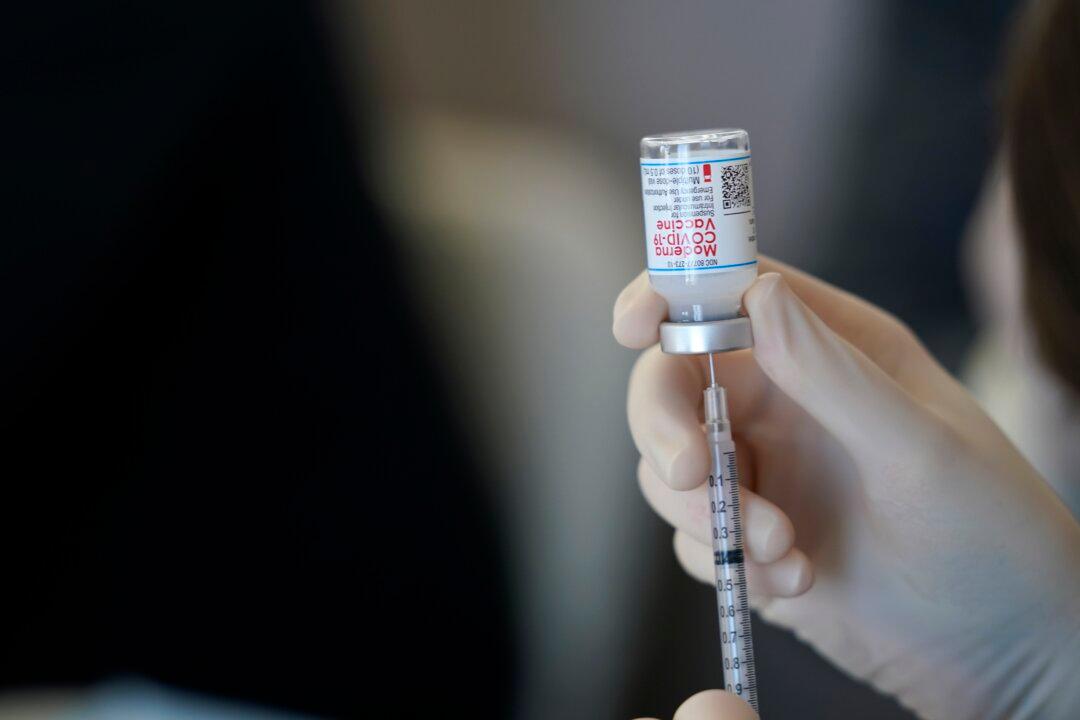Commentary
I have been a college professor for over two decades, and in all my time teaching, I have never witnessed the kind of student struggles that have surfaced over recent semesters. Different levels of ailments have overtaken the students. Those more seriously ill have missed not days, but weeks of class. For some, they had to drop out of class to focus on recovering their health. Lasting health struggles led to poor academic performances.

